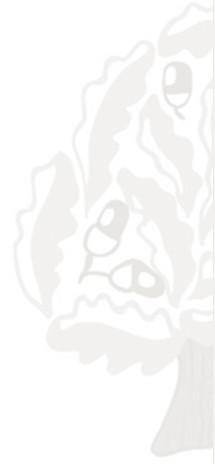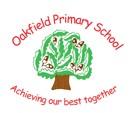Curriculum overview for history
Topic knowledge
• Gaining a rich knowledge of the current topic, time period, society or event being studied
Chronological awareness
• Understanding language related to chronology
• Building a mental timeline of the chronological order of periods
• Developing awareness of general features of periods
• Knowing particular dates and events
. Our history curriculum consists of five key strands. it is taught in units and, where appropriate, the themes of the units are linked to the main texts for the term.
Substantive (abstract) concepts
• Power (monarchy, government and empire)
• Invasion, settlement and migration
• Civilisation (social and cultural)
• Tax and trade
• Beliefs
• Achievements and follies of mankind
Disciplinary concepts
• Change and continuity.
• Cause and consequence.
• Similarities and differences.
• Historical significance.
• Historical interpretations.
• Sources of evidence.
Historical enquiry
Our units include enquiry-based questions which enable the children to work as historians and develop their enquiry skills through a five-step cycle:
Enquiry cycle
• Question - asking a historical question or hypothesis and clarifying events, issues or concepts to be explored.
• Investigating – collecting evidence from sources and deciding how useful or reliable they are
• Interpreting – identifying key points in sources and making connections between the past and present
• Evaluating and concluding – drawing conclusions supported by evidence
• Communicating – presenting conclusions in a variety of forms
Both formative assessment and end of unit summative assessments inform our planning. Summative assessments are recorded termly and shared with the subject leader.




